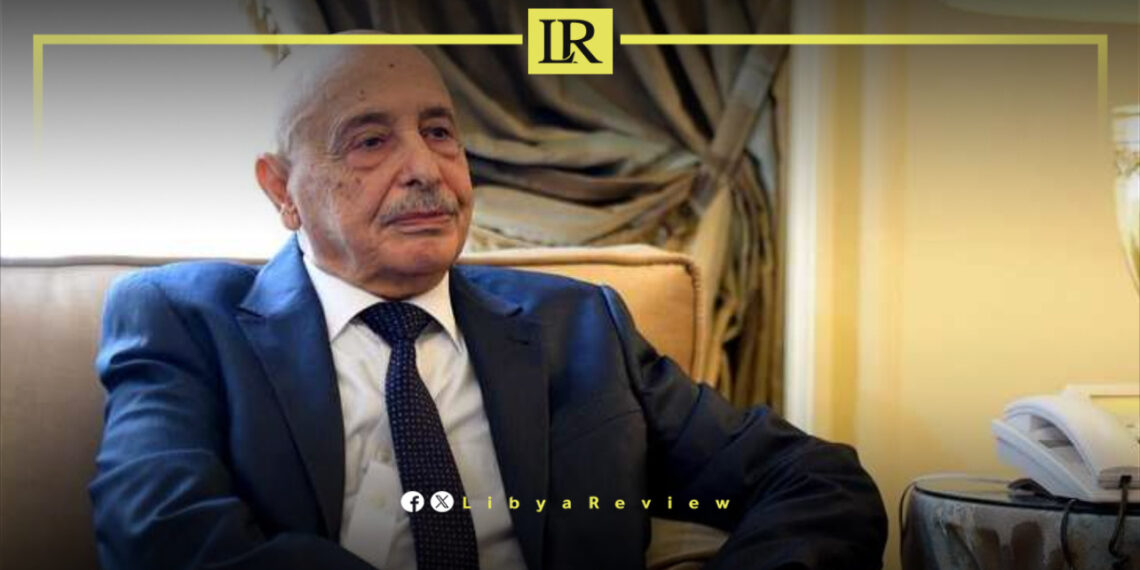On Wednesday, the Speaker of Libya’s House of Representatives (HoR), Ageela Saleh, expressed strong support for the Bouznika agreement reached between representatives of the HoR and the High Council of State (HCS).
The deal, concluded during talks in Morocco, outlines a transitional roadmap aimed at paving the way for Libya’s long-delayed presidential and parliamentary elections.
Saleh praised the agreement as a critical step toward addressing Libya’s prolonged political crisis, emphasizing that the Libyan people’s will must be prioritized. He called for the swift implementation of the roadmap to stabilize the country, end the transitional phase, and create a unified government through democratic elections.
Acknowledging Morocco’s role in facilitating the talks, Saleh extended his gratitude to King Mohammed VI, the Moroccan government, and the Moroccan people for their unwavering commitment to supporting Libya’s peace process. Morocco has been a consistent mediator in Libya’s political dialogue, hosting key negotiations aimed at unifying the country’s divided institutions.
The Bouznika talks resulted in the formation of five joint committees tasked with addressing Libya’s most pressing issues, including appointing a new executive authority, reviewing economic reforms, tackling corruption, addressing security challenges, and improving local governance.
The transitional phase will be guided by Libya’s constitutional declaration, political agreements, UN Security Council resolutions, the Geneva Roadmap, and electoral laws developed by the 6+6 Joint Committee.
Libya has been trapped in political deadlock since elections scheduled for December 2021 were postponed indefinitely due to disputes over the constitutional framework and eligibility criteria for candidates.
The country remains divided between rival factions in the east and west, with Saleh’s HoR supporting the eastern-based administration and the HCS aligning with the Tripoli-based Government of National Unity (GNU).
Despite years of international mediation, Libya’s political divisions have persisted. However, the Bouznika agreement reflects renewed momentum, with both legislative bodies showing a willingness to compromise on critical issues.


